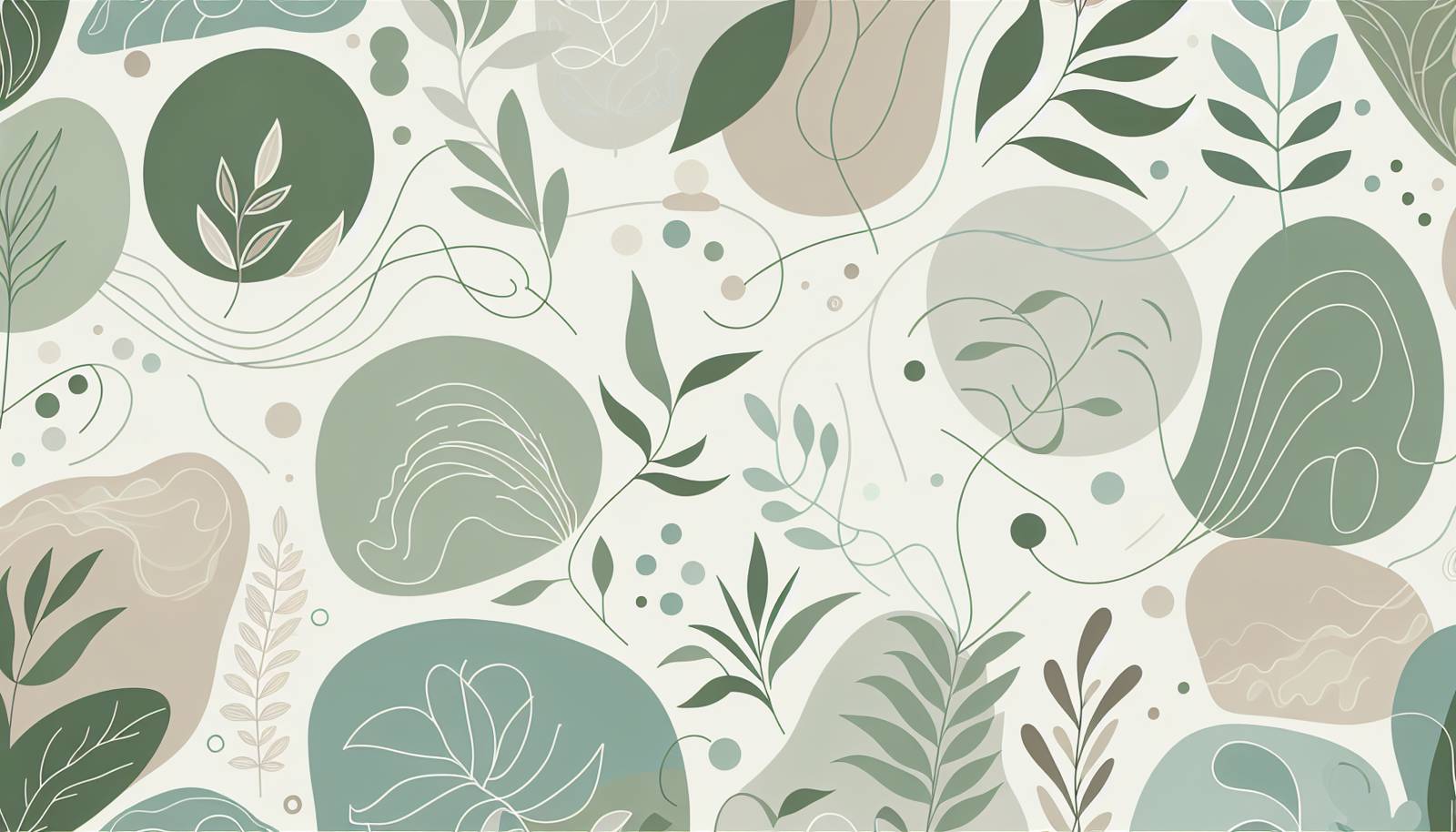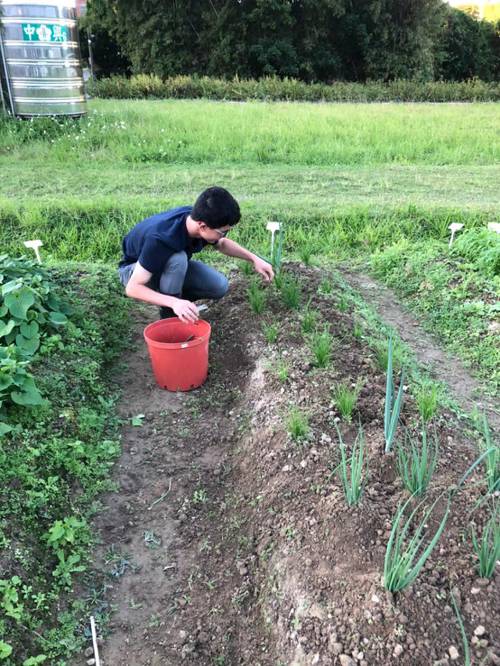
FAQ About Indoor Plant Growth Hormone Application

What are plant growth hormones?
Plant growth hormones, also known as phytohormones, are natural compounds that regulate various aspects of plant growth and development. These include processes like cell division, flowering, and response to environmental stimuli. Common examples include auxins, gibberellins, cytokinins, ethylene, and abscisic acid.

Why use growth hormones on indoor plants?
Using growth hormones on indoor plants can enhance their growth rate, improve flowering and fruiting, and help them better resist diseases and environmental stresses. These hormones can compensate for less than ideal growing conditions often found indoors, such as low light and humidity.

How are plant growth hormones applied to indoor plants?
Plant growth hormones can be applied to indoor plants in various forms, including foliar sprays, soil drenches, and direct application to seeds or cuttings. The method of application often depends on the specific hormone and the desired outcome.

Can you mix different types of growth hormones for indoor plants?
Yes, different types of growth hormones can be mixed to promote various growth responses. However, it is crucial to follow the manufacturer's instructions and recommended dosages to avoid harmful effects. When mixing, ensure that the combination is compatible and safe for the plant species in question.

Are growth hormones safe for all types of indoor plants?
Most growth hormones are safe for use on a wide range of indoor plants. However, some species may be sensitive to specific hormones. Always test on a small part of the plant or consult a plant care specialist to ensure compatibility, especially with rare or exotic species.

What are the common types of growth hormones used for indoor plants?
The common types of growth hormones used for indoor plants include auxins, which promote root development; cytokinins, which encourage cell division and delay aging; gibberellins, which stimulate shoot elongation; and ethylene, which can affect flowering and fruit ripening.

Where can I purchase plant growth hormones for indoor use?
Plant growth hormones can be purchased at garden supply stores, home improvement stores, and online retailers. Brands often provide specific formulations designed for different growth stages or plant types.

How do I know which growth hormone is right for my indoor plant?
The choice of growth hormone depends on the specific needs of the plant and the growth stage. For instance, if you want to enhance root growth, auxins would be appropriate. Research the specific requirements of your plant species and consult with garden specialists if necessary.

Can overuse of plant growth hormones harm my indoor plants?
Yes, overuse of plant growth hormones can lead to negative effects such as stunted growth, leaf burn, or abnormal development. It is crucial to follow the recommended dosages and application frequencies to avoid these issues.

How long does it take to see results after applying growth hormones to indoor plants?
The time it takes to see results after applying growth hormones can vary depending on the type of hormone used and the plant species. Generally, changes can be observed within a few weeks. Continued application may be necessary to maintain the enhanced growth effects.

Do plant growth hormones affect the taste of edible indoor plants?
When used correctly, plant growth hormones should not adversely affect the taste of edible plants. However, it is important to use food-safe formulations and follow application guidelines to ensure safety and quality.

Are there natural alternatives to synthetic growth hormones for indoor plants?
Yes, there are natural alternatives to synthetic growth hormones. For example, seaweed extract, fish emulsion, and compost teas can provide natural growth-promoting effects. These alternatives are often more environmentally friendly and can be used in organic gardening.

Is there a best season or time to apply growth hormones to indoor plants?
While indoor plants do not follow strict seasonal cycles due to controlled environments, applying growth hormones during the plant's active growing period is usually most effective. This is often in spring and summer when conditions are ideal for growth.

Can growth hormones help revive a dying indoor plant?
Growth hormones can assist in reviving a struggling indoor plant by promoting new growth and strengthening existing tissues. However, it is essential to first address any underlying issues such as poor soil, pests, or inadequate care.

How should I store plant growth hormones for indoor plants?
Store plant growth hormones in a cool, dry place away from direct sunlight and heat sources. Keep them in their original containers with tightly sealed caps. Follow manufacturer guidelines to ensure the hormones remain effective and safe for use.

What precautions should I take when applying growth hormones to indoor plants?
When applying growth hormones, wear protective gloves and avoid contact with skin or eyes. Ensure adequate ventilation if using sprays. Always follow product instructions and dosages, and store chemicals securely away from children and pets.

Can growth hormones help with indoor plant flowering?
Yes, certain growth hormones like gibberellins and cytokinins can enhance flowering in indoor plants. These hormones promote the formation of flower buds and can improve bloom quality and longevity.

Are there any regulations on selling or using plant growth hormones?
Regulations can vary by region, but generally, plant growth hormones need to comply with safety and environmental standards. Products should be properly labeled with instructions and safety information. Check with local guidelines to ensure compliance.

Can I use outdoor plant growth hormones for my indoor plants?
Outdoor plant growth hormones can often be used for indoor plants, but it is important to consider the concentration and specific formulation. Indoor plants may require different dosages due to varying growing conditions and plant sensitivities.

What are the signs that an indoor plant needs growth hormones?
Signs that an indoor plant may benefit from growth hormones include slow growth, poor root development, lack of flowering, or general lack of vigor. Before applying hormones, check for other stress factors such as nutrient deficiencies or improper care that might be affecting growth.
